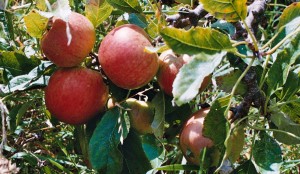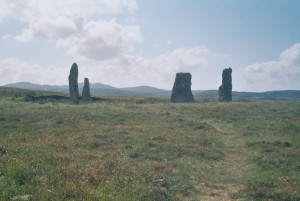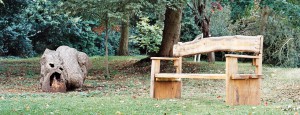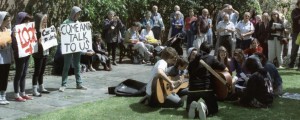In the fifth of the five mindfulness trainings ‘Nourishment and Healing’ I read:
‘Aware of the suffering caused by unmindful consumption, I am committed to cultivating good health, both physical and mental, for myself, my family, and my society by practicing mindful eating, drinking, and consuming. I will practice looking deeply into how I consume the Four Kinds of Nutriments, namely edible foods, sense impressions, volition, and consciousness.’
OK, I understand consuming edible foods, I can begin to see what might be meant by consuming sense impressions (especially in the light of training number 2 and not running after sensual pleasures) but volition? What is meant by volition, and how on earth do I consume it?
So what is meant by volition?
Dictionary.com gives:
noun 1. the act of willing, choosing, or resolving; exercise of willing: She left of her own volition. 2. a choice or decision made by the will. 3. the power of willing; will.
Number 1 there is the usage I have come across most often (though not very often) ‘of her own volition’ ie of her own free choice.
I read this, and thought about it, and still struggled to see quite how I ‘consumed’ my volition, my own free will, my own choice. But over time, it has gradually become a bit clearer. I guess I’ve been ‘looking deeply’, or at least a bit more deeply than I did at first.
Consuming volition is exercising my own will, acting from my ego, doing things my way, being bossy, even enforcing my will on others. I recognise something of myself in that. And I am not being asked to stop consuming (clearly to stop consuming edible foods would be a stupid thing to do) just to practice mindful consumption and to look deeply into how I consume, to be aware of what I am doing and of the wider effects that my actions have, on myself, on others, on the world at large. Sometimes it is appropriate to act from my own will, but it may be better to freely align my will with the purpose of that which I call God, to act from Love not from short-term self-interest. Even without looking for deeply spiritual meaningful stuff, it is good to let others exercise their will, their volition, rather than me trying to be in charge of things.
My musings bring me back to a favourite, much quoted, Quaker passage, written by Isaac Pennington in 1661:
‘Give over thine own willing, give over thy own running, give over thine own desiring to know or be anything and sink down to the seed which God sows in the heart, and let that grow in thee and be in thee and breathe in thee and act in thee; and thou shalt find by sweet experience that the Lord knows that and loves and owns that, and will lead it to the inheritance of Life, which is its portion.’ Quaker Faith & Practice 26.70
If I let go of my volition, look deep inside myself for the good seeds and cultivate them and let them act through me, I will be happy and free from suffering. As so often, my Buddhist learning feeds my Quaker understanding, enhances my Buddhist practice, …
So I shall sit on my cushion, or walk, or go to Meeting,
and breathe in, and breathe out,
and give over my own willing, consume less of my own volition,
and give the good seeds a chance to grow.











